Franklin Advocates for Miccosukee Tribe of Florida & Big Cypress National Preserve
Washington, DC,
July 23, 2024
Rep. Scott Franklin (FL-18) addressed the Natural Resources Committee’s Subcommittee on Federal Lands to discuss his bipartisan, bicameral bill, H.R. 8206, aimed at protecting Florida’s Big Cypress National Preserve (the Preserve) from extreme overreach by the Biden Administration. The National Park Service (NPS) is currently maintaining parts of Big Cypress as a wilderness area, without the required congressional designation. “Only federal government bureaucrats believe they are better equipped to protect Florida’s Big Cypress National Preserve than the Miccosukee Tribe and the Gladesmen who have successfully used and maintained the land for generations,” Rep. Franklin said, who represents portions of the Preserve. “The Preserve is an essential part of the community in South Florida. If the Biden Administration continues to pursue extreme restrictions on this land—despite the vehement opposition of state and local government and the tribes—it would have disastrous effects on the region. My bill will prevent this overreach and ensure that only an act of Congress can alter the protected status of the Preserve, as intended. I thank Rep. Tiffany for giving Chairman Cypress and me the opportunity to advocate for the Miccosukee Tribe and the Preserve. I urge the Committee to support this measure.” Specifically, Rep. Franklin’s bill prevents the Biden Administration from pursuing a wilderness designation at the Big Cypress National Preserve and would release lands in the Preserve from further wilderness consideration. The wilderness designation is the highest protection given to any land or water in the U.S, prohibiting inhabitants, permanent structures and any motorized vehicle use. Such burdensome restrictions block the Miccosukee Tribe’s access to their sacred burial sites, prevent hunters from curbing the python population and other invasive species and greatly reduce access to local Gladesmen. In the 1960s, plans for a new airport in the heart of the Everglades and further development threatened the Big Cypress Swamp. Conservationists, environmentalists, tribes, and Gladesmen joined forces to lobby Congress to protect their region. In 1974, The Big Cypress National Preserve, the country’s first such preserve, was authorized by Congress. When authorizing the Preserve, Congress directed the National Park Service (NPS) to review lands within the Preserve which may be suitable for wilderness designation. The initial study of the land conducted in 1979 concluded none of the 729,000 acre-preserve was suitable to be placed in the National Wilderness Preservation System. Decades later, NPS restudied the Preserve again. The results were released to the public in 2020, providing three unique options to manage certain areas of the Preserve as wilderness. Pursuant to the results of their own study, NPS currently manages approximately 147,910 acres of land—25% of the Preserve—as wilderness, without the consent of Congress. Any future action from the Biden Administration to manage the entirety of the Preserve as wilderness could have deleterious effects. Talbert Cypress, Chairman of the Miccosukee Tribe, served as a witness at the Natural Resources Committee hearing. The Chairman explained to the panel how a wilderness designation would fundamentally alter their way of life. His testimony can be read here. Rep. Franklin’s exchange with Chairman Cypress can be watched here. Rep. Franklin’s remarks on bill H.R. 8206 before the Federal Lands Subcommittee can be found here. In April, Rep. Franklin joined Reps. Donalds, Diaz-Balart and 15 other Florida colleagues to write Interior Secretary Haaland, urging the Biden administration to halt any proposed federal wilderness designation for the national preserve. Rep. Franklin introduced H.R. 8206 alongside nine other colleagues in May. Sen. Rick Scott (R-FL) has introduced companion legislation in the Senate. ### |

